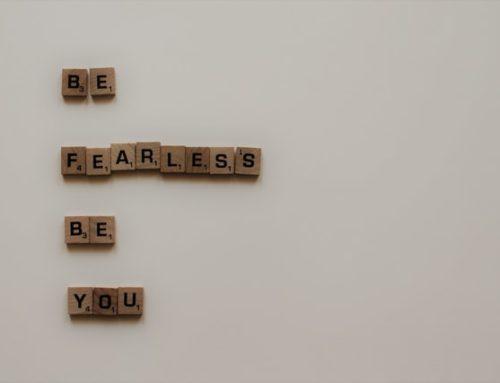 Forgiveness takes time, and that’s okay. Acknowledging and accepting both your anger, hurt, and your and the other person’s humanity are enormous steps to take. You’re not alone on this journey. With determination and commitment, repairing your life or even the relationship in question is possible.
Forgiveness takes time, and that’s okay. Acknowledging and accepting both your anger, hurt, and your and the other person’s humanity are enormous steps to take. You’re not alone on this journey. With determination and commitment, repairing your life or even the relationship in question is possible.
Forgiveness doesn’t mean pretending that the offense never happened. It’s about giving yourself freedom from this hurt and beginning your healing. Forgiving other people can lead to decreased anger, depression, anxiety, and provide some relief for PTSD. It can also help you address your inner pain and trauma.
What Does Forgiving Someone Else Look Like?
Committing to the process of forgiveness
It’s tempting to hold on to the hurt and anger and pain we feel others have given us. We may even use it to define ourselves. Extracting the perceived identity we’ve built around past trauma and pain can is complicated. That’s why committing to doing whatever you need to heal is so important. This is the rock you lean on when things get hard.
Accept that you only have control over yourself
When we’re facing our inner hurts, we’re often confronting our pasts. Your relationship with the other person or even the other person themselves may no longer be a part of your life. You may have the strength to forgive, but it might not lead to an apology. Forgiveness is for you. It’s for you to give to another person and it’s giving yourself the relief from the past that you deserve.
You deserve forgiveness too
Our grudges are sometimes more about how we perceive ourselves or how we feel about how we reacted in a particular situation. You’re human, and you’re allowed to make mistakes. Part of forgiveness is acknowledging your flaws with compassion. You need to forgive yourself as well as the other person to really let this go.
You’re allowed to talk about it
Forgiving means realizing that holding on to the hurt and anger isn’t serving you or your mental health. You’re still allowed to talk about the event. It’s a true and valid part of your life, and it’s still a part of your story. Even after you’ve forgiven the other person.
How Do You Forgive?
Verbalize your pain
Putting words to how you’re feeling, to the specifics of the hurt and the situation that caused it, helps your brain further process the situation. By speaking it out loud, you’re giving yourself permission to feel the hurt and anger of it in its entirety. It’s part of the human grieving process, and it’s okay to feel the loss however you need to.
Accept where you are now
Forgiveness is a process, sometimes a lengthy one. Instead of one gigantic leap from hurt to relief, it’s a lot of small steps. Often, the process of forgiveness isn’t even linear. It unfolds how you need it to. Acceptance of where you are in the present moment, whether you’re sad or angry or just plain tired, is important.
Seek the positive
Find whatever positivity you can wherever you can find it. Focus on being around people who build you up and help you feel happy. Make a list of all of your favorite foods, places to go, and things to do. Anything that makes you smile is worth adding to your list. Whenever you notice that your vision is tunneling and you’re feeling low, pick up the list and choose something. You have the power and strength to refocus on things that make you feel good.
Find support
Feeling seen and supported is a huge part of forgiveness. The help of a professional therapist during your process can make a significant difference in your recovery. Let’s talk about how we can work together toward your brighter and happier life. Read more about individual counseling reach out for a consultation. I look forward to working with you.




